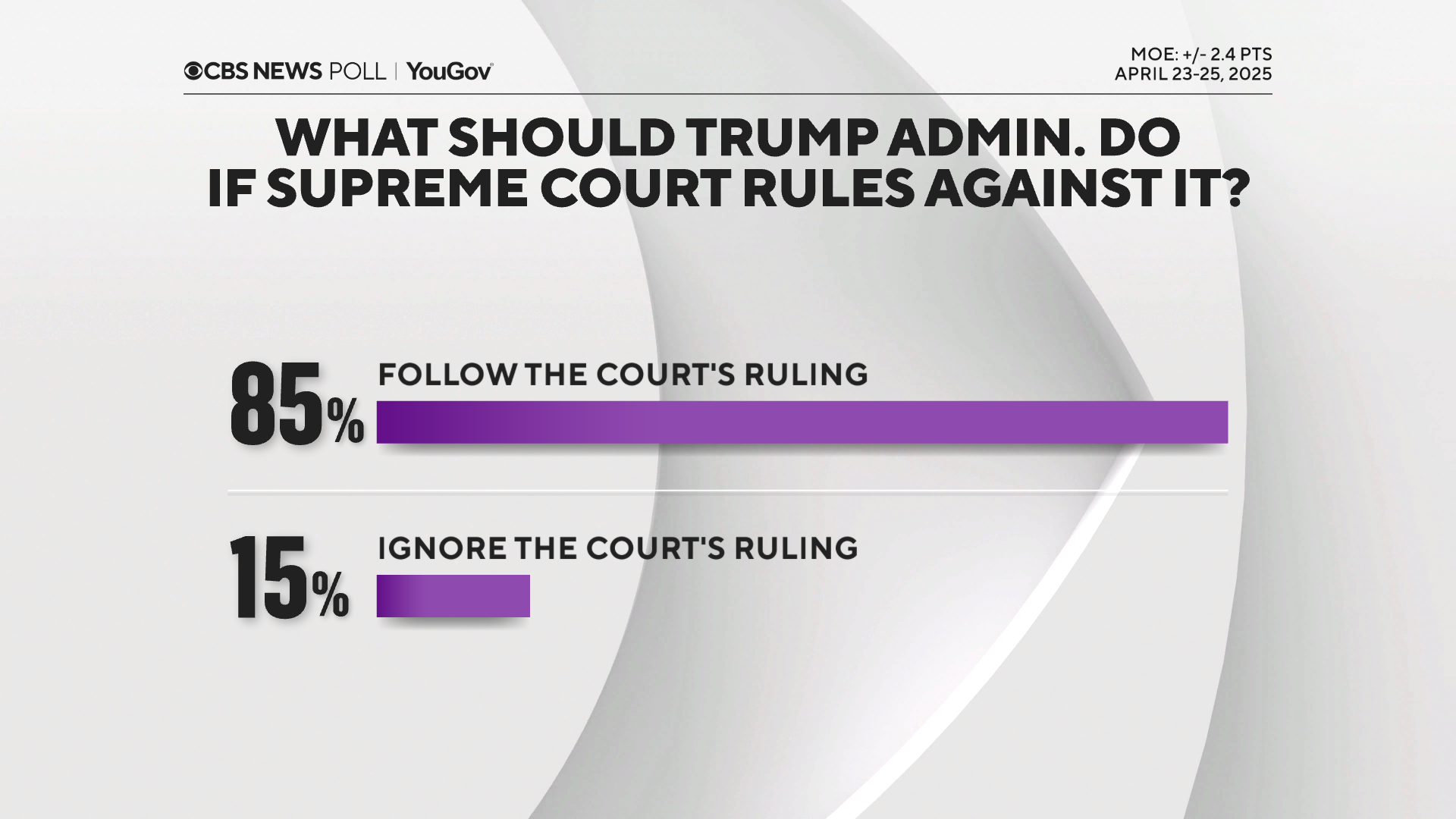
 |
By The RepresentUs Team May 29, 2025 |
Imagine being accused of a serious crime—or labeled a gang member or a threat to national security—and the government locks you up or kicks you out of the country without even giving you a chance to respond. No evidence shown. No hearing. No appeal.
That kind of power move isn’t just unfair, it’s unconstitutional. And the protection against it is called due process.
What Is Due Process?
Due process is a foundational principle in American law. It means the government can’t take away your life, liberty, or property without following fair legal procedures. That includes giving you notice, a chance to respond, and a neutral decision-maker (usually a judge).
This concept shows up twice in the Constitution:
Fifth Amendment (1791):
“No person shall…be deprived of life, liberty, or property, without due process of law.”
Fourteenth Amendment (1868):
“Nor shall any State deprive any person of life, liberty, or property, without due process of law.”
⚠️ Key word: person, not citizen. That means these protections apply to everyone on U.S. soil, including immigrants—documented or not.
What Does Due Process Actually Look Like?
The exact process depends on the situation, but generally it includes:
- Notice of what the government is doing and why
- A fair opportunity to respond or defend yourself
- A neutral decision-maker (not someone with a personal or political stake)
- Sometimes, a right to appeal
Due process is strongest in criminal cases (think jury trials), but it also applies in civil cases like immigration, child custody, or housing evictions.
Related Reading
Why We’re Talking About This Now
Recently, the Supreme Court ruled that President Trump’s administration violated due process when deporting certain immigrants.
In one case, Trump’s team used the 1798 Alien Enemies Act—meant for wartime threats—to deport Venezuelans to notorious prisons in El Salvador, without meaningful hearings. Several courts and judges (including ones appointed by Trump) have ruled that the use of the Alien Enemies Act is unlawful in this context. The Supreme Court has issued an order pausing removals under this law, taking issue with the administration’s failure to respect the due process rights of these individuals.
In another case, Kilmar Abrego Garcia, who is married to a U.S. citizen and was living in Maryland, was mistakenly deported without notice or legal process in what Immigration and Customs Enforcement admitted was an “administrative error”. Despite the Supreme Court ruling 9-0 that the Trump administration must facilitate his return, they have yet to do so with Trump saying that the Justice Department had interpreted the court's 9-0 decision differently.
When the Executive branch ignores the Constitution and defies the courts, it doesn’t just bend the rules—it breaks the system that protects us and keeps us free.
Kristen Welker, Moderator, "Meet the Press": Your secretary of state says everyone who's here, citizens and noncitizens, deserve due process. Do you agree, Mr. President?
Donald Trump: I don't know. I'm not a lawyer. I don't know.
- From a Meet The Press interview that aired May 4, 2025
What About Undocumented Immigrants?
Some argue undocumented people shouldn’t have the same rights as citizens. But the Constitution is clear:
“No person shall be deprived…”
Not “No citizen.” Not “No legal resident.” Just “no person.”
There are literally millions of aliens within the jurisdiction of the United States. The Fifth Amendment, as well as the Fourteenth Amendment, protects every one of these persons from deprivation of life, liberty, or property without due process of law.
– Justice John Paul Stevens in a unanimous 1976 opinion
If the government can deny due process to one group, all it has to do is label someone as part of that group to strip them of their rights, whether they belong to it or not.
Without due process, a legal immigrant, or even a citizen, could be wrongly detained or deported, with no chance to prove otherwise. Rights wouldn’t depend on law, but on whether ICE or another agency decides you’re allowed to stay.
Constitutional rights aren’t privileges for the favored. They’re limits on government power. The moment we allow exceptions, we risk turning those exceptions into the rule.
Deportations are generally a civil process and thus undocumented immigrants have different rights than those that apply in a criminal trial, but that doesn’t mean they have no rights. Due process doesn’t guarantee everyone gets to stay. But it guarantees everyone gets to go through the legal process.
And a huge majority of Americans agree with this: a recent poll found that two thirds of Americans believe that a noncitizen should get a court hearing or other U.S. legal process before Trump can deport them.

When Due Process Is Weakened, Everyone’s at Risk
History has shown over and over that abandoning due process is how democracies slip into authoritarianism.
Without due process:
- Innocent people get punished
- Fear replaces fairness
- Government power goes unchecked
If the President has the power to send the Africans to Cuba, he would equally as well have the power to seize forty Americans and send them overseas for trial.
— Former President John Quincy Adams, at age 73, arguing before the U.S. Supreme Court in 1841 on behalf of Africans who had been kidnapped, enslaved, and charged with mutiny and who the government wanted to deport without a legal process.
Countries with authoritarian regimes like Russia, China, and Hungary have attacked due process in order to target minority groups, silence dissent, and jail journalists and political enemies for years without fair trials.
That’s why stripping due process, especially for minority groups, is dangerous. It sets the stage for abuse of power. If the government can deny basic rights to them, what stops it from doing the same to you?
Even Donald Trump himself has relied on due process to fight lawsuits, criminal charges, and election-related accusations. He demands it for himself, but his administration tried to deny it to immigrants, refugees, and political enemies.
Due process isn’t a technicality or a nice thing to have. It’s the backbone of fairness in a free society. When we protect it for everyone, we protect it for ourselves.
Now’s the time to speak up, stay informed, and demand that our leaders follow the rule of law. No exceptions.

